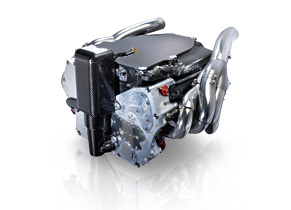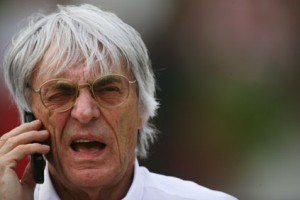Engines and the new scoring system
 I’ve said before that awarding the Championship to the driver with the most wins won’t necessarily make for better racing; you just don’t get to be a Formula One driver unless you have the will to win. There are too many good drivers and it takes too much hard work to get to F1 to be really happy with anything other than first place. Second is just the first of the losers. But could the FIA‘s new scoring system actually harm the racing spectacle rather than improve it? It raises some interesting questions.
I’ve said before that awarding the Championship to the driver with the most wins won’t necessarily make for better racing; you just don’t get to be a Formula One driver unless you have the will to win. There are too many good drivers and it takes too much hard work to get to F1 to be really happy with anything other than first place. Second is just the first of the losers. But could the FIA‘s new scoring system actually harm the racing spectacle rather than improve it? It raises some interesting questions.
My biggest worry is that it won’t produce a championship that is as close run as we have had the last two years. Thanks to the old points system, introduced to minimise the Schumacher effect of one driver running away with the Championship after a few races, we didn’t know until the last lap of the last race of 2008 who was going to be crowned Champion. Will it be likely, or even possible, that we can have the same tension under the FIA’s new scheme?
Then there is the effect on those teams in the mid-field and those at the back of the grid. Often the closest and most exciting battles in a race are for the lesser places. Will drivers still race as hard for 5th and 6th position when they know it won’t really make a difference for them, especially in the later part of the season? I know, this goes against what I said earlier about a driver’s innate aggression but it could be disheartening to know that under the old scheme a driver could still have a long shot at the Championship but under the new scheme they really have no chance.
It is also interesting to consider how the new engine rules could interact with this system. Jenson Button pointed out the possibility of a team having a great start to the year and not having to work much for the rest of the season:
I think the public will struggle to understand why a driver with 60 points can become champion instead of the one who has 100. I understand the logic behind it and I find it interesting. For sure it’s an incentive to always go for the win, but it seems risky too – after nine races, we could find ourselves with a driver that has already won the title and can stand still eating ice cream, while the guy in second in the standings is just 18 points behind.
The new engine rules for 2009 state that a team may only use eight engines. If a driver uses a ninth a penalty is applied. It is conceivable that a team could use a fresh engine in each of the first 8 races of the season and if they won them all then the penalties the driver would receive in later races wouldn’t matter as he would have already sown up the Championship by the middle of the season.
A crazy idea? I don’t know. It is a fairly extreme interpretation of the rules and a big gamble but in theory it could work.
We won’t really know the full effect of the decision until the season gets underway but I still think FOTA’s points plan was a better solution.
 Bernie Ecclestone thinks the
Bernie Ecclestone thinks the 
 The Formula One Teams’ Association (FOTA) today outlined its roadmap for Formula One at a press conference in Geneva at which senior management figures from all 10 current Formula One teams shared the stage together.
The Formula One Teams’ Association (FOTA) today outlined its roadmap for Formula One at a press conference in Geneva at which senior management figures from all 10 current Formula One teams shared the stage together.